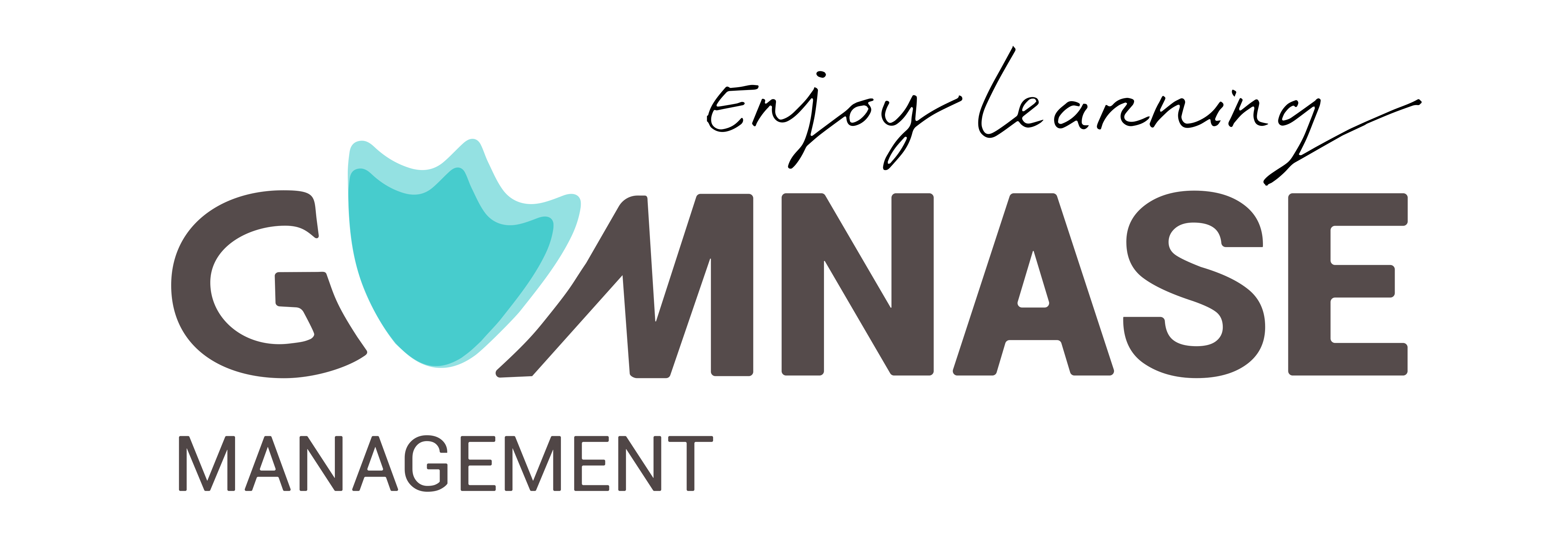Hear you co-worker's possible reticence

Giving Meaning to the Career Development Meeting
Do managers have a role to play in their co-workers' career advancement?
Of course they do, in the development of their skills, in proposing
opportunities... but in a context where employability
is the principal form of security, their role goes even further: to prompt co-workers to take their careers in hand!
Compare
Remember
Some co-workers may find it pointless to speak about the future
with their manager: from fear of being disappointed, harboring
grievances, feeling unappreciated... You must then "read between
the lines" and understand what their message is. Not in order to
justify yourself or even to offer a new response but to show that you
hear them, and to start afresh by explaining the aim of
the career development meeting.
Make employability a key subject
The term employability is sometimes taboo. However, it clearly
expresses a responsibility that is shared between the co-worker and the
enterprise. The career development meeting offers the
opportunity to demystify it, making it a everyday topic by
coming back to its definition: "the maintenance and development of
employees' skills, and of conditions of human resources
management, which make it possible to obtain a position, inside
or outside the enterprise, in a reasonable amount of time and under
favorable conditions." (*)
(*) "Developing employability", Alain FINOT
(*) "Developing employability", Alain FINOT
Establish a direct link between development and training
We sometimes think "training" before we think
"position-development-skills to acquire" -- this is reasoning about the
means while the objective and what it will take to reach it are not yet
defined. The purpose of the career development meeting is to
link training to a project. It becomes a means, not an end in itself.
Evaluation
Each question has only one correct response, but be careful: among the possible responses there is one that is "almost correct" and might make the choice harder!
1 / 3
High expectations
Your collaborator announces right at the start of the interview: "You
know I am expecting a lot from this interview. I want to change position, and I
hope things will finally start moving forward". What do you say to him?
In effect, this interview will formalise your request, but don‘t expect
a positive response immediately.
⚠
Logical response, it is worth alerting the collaborator, but not very
encouraging.
Indeed, we will outline the details and formalise your wishes during the
interview. I can‘t guarantee that things will move quickly, but we will use all
the means at our disposal to make sure your demands are considered.
✓
Clear response, which opens a perspective, but without announcing that "he
will get everything he wants".
I understand, but you know full well that you can‘t always get what you want.
Things will move forward progressively.
⚠
Premature reply. First and foremost, it should be explained what will be
done during the interview.
Yes, the aim of this interview is to help the collaborators gain skills
and evolve. The company will set up the necessary means.
⚠
Risky! Of course, that is the objective, but it has to be tempered so as
not to give too high hopes.
2 / 3
What‘s the use?
Your collaborator, Axel, explains his misgivings right at the start of
the interview: "Yet another interview where nothing will be achieved".
How do you reply?
On the contrary, it‘s a new interview which should help each employee to
better manage their professional evolution.
⚠
Which is true, but Axel won’t hear, because he has frustrations he wants
heard.
It‘s bothers me to see that you see this interview as pointless. Which
other interviews serve no purpose?
✓
You calm things down: you show him you have heard his message, and are
ready to listen to his grievances. An essential condition for any future
constructive discussion.
I know you don‘t always get what you want, but that is no reason to be
so critical. We try to help our collaborators progress.
⚠
The reproach will close Axel up and he will ramp up his efforts to
explain his disillusion.
Why can‘t we forget the past and try to approach this interview in a
constructive manner?
⚠
This could be a good question, but once the collaborator has been able
to explain his frustrations. This would be an interesting follow-up to question
No.2.
3 / 3
Is the manager the right interlocutor?
Lydia, with whom you have worked for several years without any
particular problems, announces "I think it would be more logical to have
the interview with Human Resources, they are more neutral" .What do you
say to this?
Really, you don‘t want to do it with me?
⚠
This is a natural question, but one that may be seen as being
aggressive, and therefore, could make dialogue difficult.
I understand, but it‘s not possible. The interview has to be conducted
by the direct manager, who is the one who knows the collaborator best.
⚠
This won‘t reassure Lydia. It would be best to clearly discuss her
fears.
On the contrary, the fact that I know you well is an advantage. I will
be able to guide you towards courses or development suitable for you.
⚠
Bad idea! This is probably what Lydia doesn‘t want.
It’s true; we’ve known each other for a long time. What are your
apprehensions about having this interview with me?
✓
Your question allows Lydia to outline her fears. You can then reassure
her by reminding her of your role during the interview, as well as that of
Human Resources.
Your score is
0/3
You finished!
To review the questions and responses, please choose from the list below.